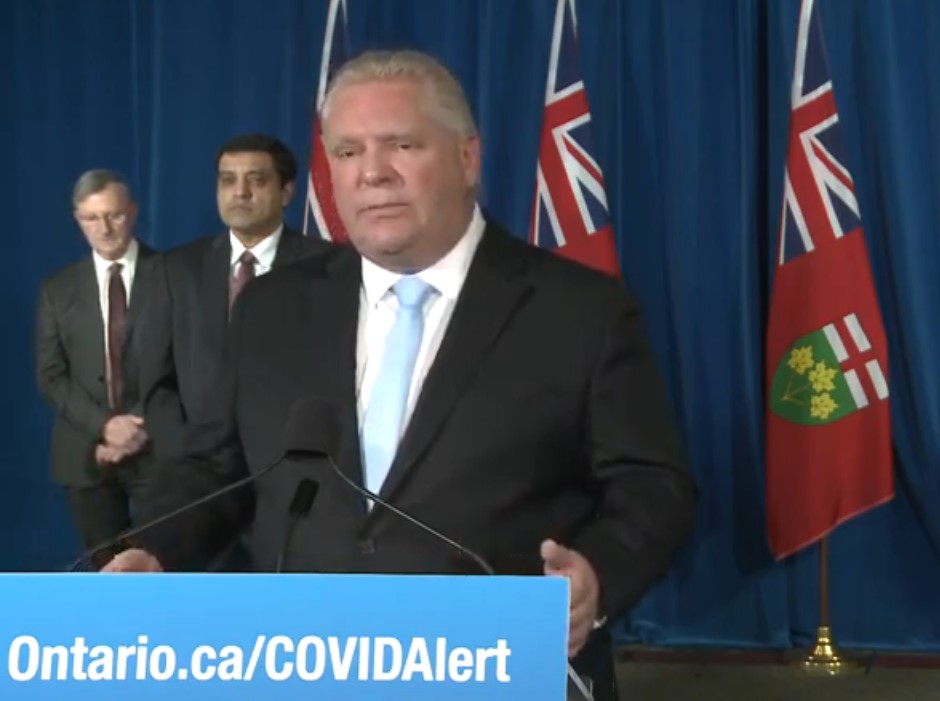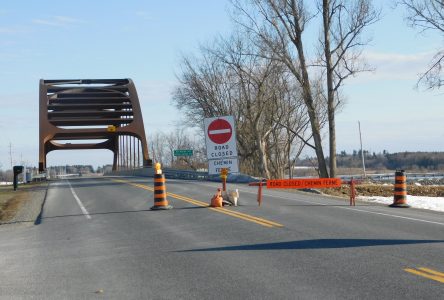Premier Doug Ford announced the province-wide lockdown on Monday afternoon in an effort to prevent hospitals from becoming overwhelmed with COVID cases. The measure will take effect from 12:01 a.m. on December 26 and run for 28 days in the south of the province, including the Eastern Ontario Health Unit (EOHU). The lockdown will run in northern Ontario for 14 days.
Post-Christmas lockdown for Ontario



